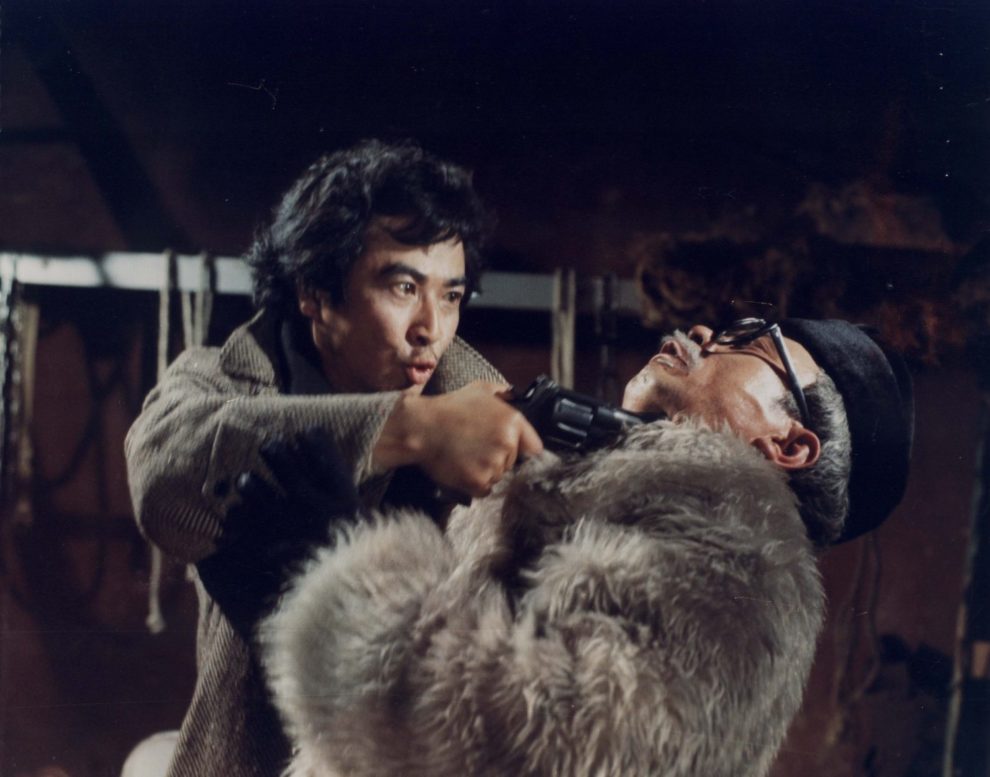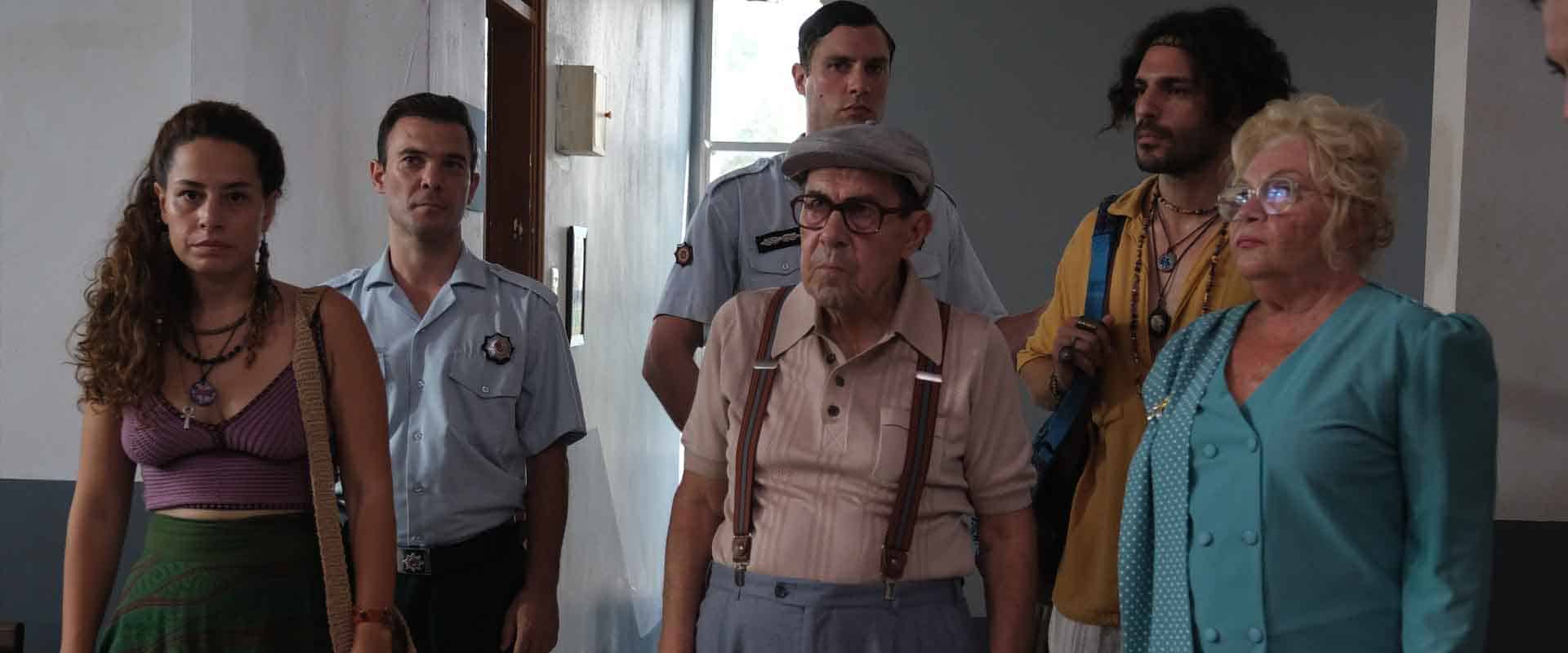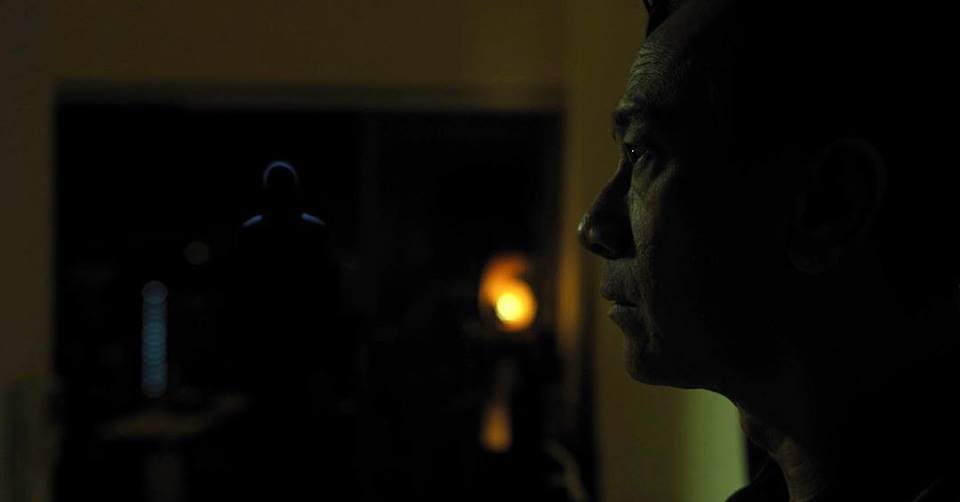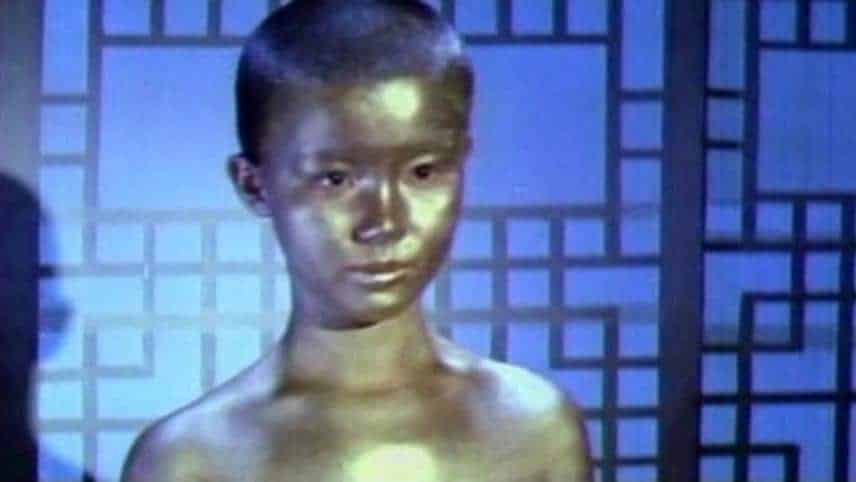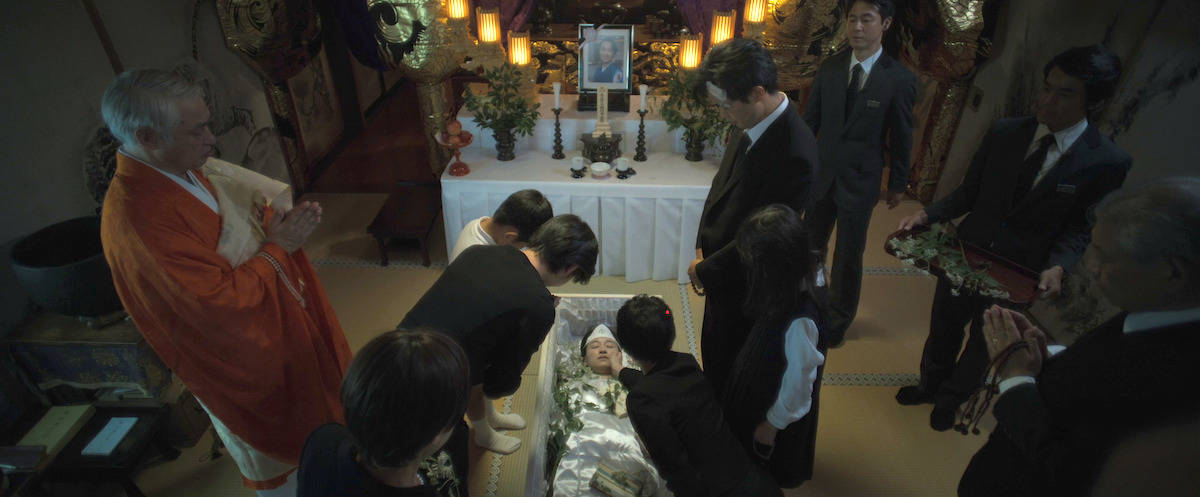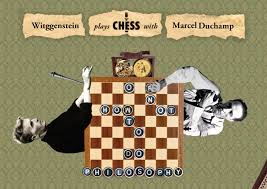From its very opening, Lee Doo-young's “The Last Witness” grabs the audience. What begins as unabating optimism about the 1980s soon shrivels into the successive images of murder, before we are thrust into the thick of the investigation at a breakneck speed. Restored by the Korean Film Archive back in 2002 after formerly being heavily censored, this adaptation of Kim Seong-jeong's novel is one that truly stands the test of time.
Buy This Title
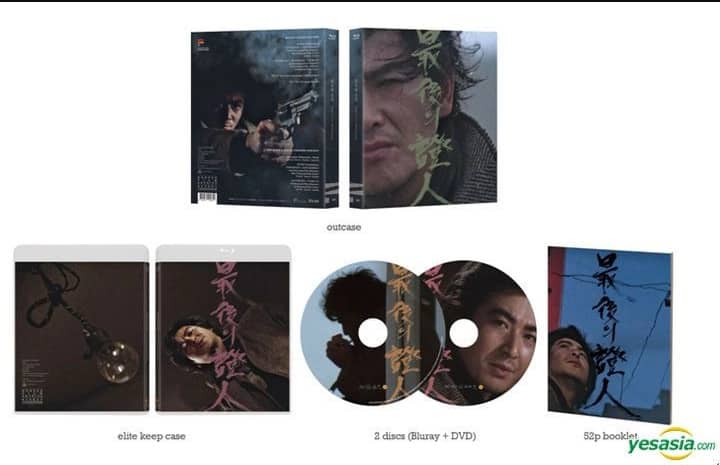
Central to the film is the detective Oh Byeong-ho (Ha Myung-joong). At first, he appears rather hapless and lethargic, claiming to his boss that he is incompetent. Nevertheless, he is assigned what appears to be a rather timid case, the murder of the brewery owner Yang Dal-soo (Lee Dae-kun). It is a crime in which Oh's superiors want sorted, and it appears, at least on a surface level, to be one that will cause few issues. As it turns out, this is anything but simplistic.
What follows is an investigation which stretches back to the Korean war and follows a sobering trail of lies, deception, brutality and oppression. Spread across decades and tracing back to a communist guerrilla group in the Korean war, Oh, bit by bit, pieces together clues and leads which flit between the years, ultimately leaving him with a shocking conclusion.

Despite its extremely long 154-minute length, “The Last Witness” never feels boring. Rather, thanks to its snappy pacing and gripping investigation which demands the attention of the audience as they too piece together the crimes, it maintains an enjoyable feel, even amidst the bleak subject matter. Furthermore, even though the movie itself is over 40 years old, there is a sense of timelessness to it, one amplified by the fact that even a relatively modern viewer could still get ample enjoyment from it.
Continuing, Lee's adaptation of Kim Seong-jeong's novel is one that is very astute. The director includes a number of poignant plot-points about lingering oppression, the dangers of optimism and the gravity that the past can hold. That his protagonist, after perseveringly solving the the case with passion, finds himself at the shocking conclusion he does, ground down by his discoveries, is something that lives long in the memory, and packs a powerful punch.
Furthermore, the acting throughout the release is near impeccable. Ha Myung-joong is particularly impressive as the protagonist, packing his depiction with a salacious appetite for crime solving, and a resolute impact. Ha embodies the weight of the world that Detective Oh feels throughout the case, and consequently, the audience lives the ordeal with him, affording the lead sympathy and respect. It is a stellar performance, and one which undoubtedly lifts the quality of the offering.
Technically, Lee Doo-yong's thriller is impressive too. For one, Lee Kyeong-ja's concise editing leads to a spirited pacing and engaging structure, whilst Jeon Il-seong's smart cinematography never ceases to show the gravitas in any given situation. The film's ending is an easily detectable highlight in this regard, and shows off the skills in both departments mentioned without needless fanfare.
In conclusion, “Last Witness” is a release which has stood the test of time seamlessly. It grips its audience like a modern crime thriller would and, thanks to the Korean Film Archive's restoration, leaves no stone unturned in its investigative competence.


